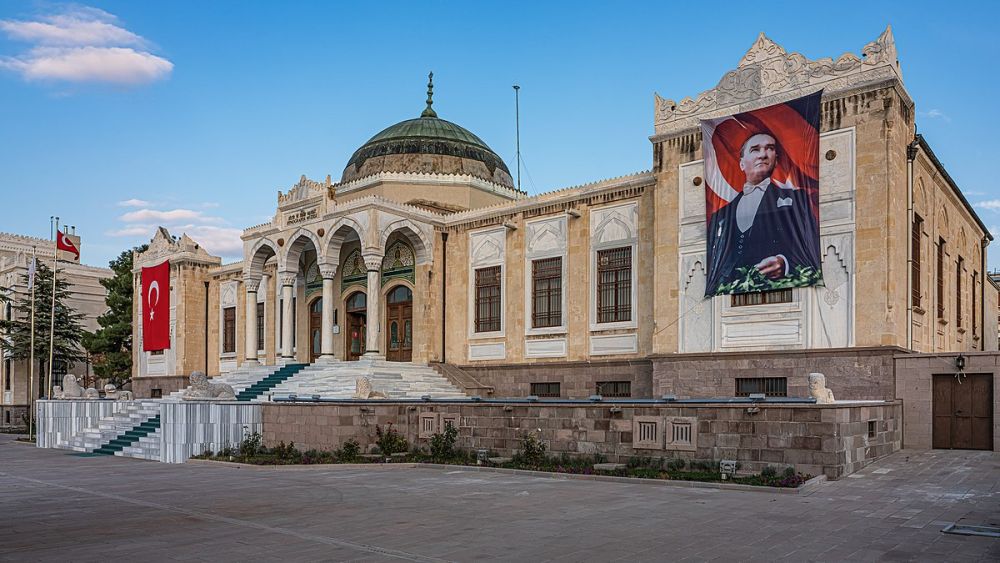

The Ethnography Museum of Ankara is one of the most significant cultural institutions in Turkey, dedicated to preserving a wide array of traditional Turkish cultural artifacts. The history of tourism to the Ethnography Museum showcases Ankara's rising significance as a cultural capital, alongside Istanbul, within the nation and as an important destination for international visitors interested in Turkish culture.
The museum was officially opened in 1930, shortly after the founding of the Turkish Republic and the designation of Ankara as its capital. It was designed by the esteemed architect Arif Hikmet Koyunoğlu. The museum's establishment signalled a move by the young republic to collect and preserve Turkey's rich cultural heritage. It became an important symbol of national identity and modernization.
In its early years, the Ethnography Museum attracted intellectuals, researchers, and a modest number of visitors, reflecting the nascent state of tourism in the republic. As Turkey's tourism industry began to develop in the 1950s and '60s, the museum's role in the cultural education of both Turkish citizens and foreign tourists grew in prominence. It played a vital role in introducing the beauty of Turkish folk art, crafts, and traditions to a wider audience.
By the 1970s and '80s, the museum had become an established stop on the itinerary of tourists visiting Ankara, who would also often see the nearby Mausoleum of Atatürk, Ankara Castle, and the Temple of Augustus and Rome. In the subsequent years, the number of international tourists skyrocketed, making the Ethnography Museum of Ankara a cornerstone of cultural tourism in the city.
The Ethnography Museum hosts a variety of exhibits focusing on everyday Turkish life, folklore, and art. Its diverse collection includes traditional costumes, carpets, metalwork, woodwork, and a vast array of artifacts from the Seljuk and Ottoman periods. The museum presents these artifacts in a context that tells the story of the Turkish people, encompassing both its rural traditions and the urbanized culture of the Ottoman Empire.
In recent years, there has been a noticeable shift toward experience-based and immersion tourism, and the Ethnography Museum has adapted to these changes by offering interactive experiences and educational programs. Visitors are not only observers but participants in workshops and exhibitions designed to give a tangible sense of traditional Turkish crafts and cultural practices.
Moreover, the rise of digital technology has also influenced the way visitors interact with the museum. Virtual tours and augmented reality experiences have been developed to cater to the interests of the newer generation of tourists, making the museum's vast cultural knowledge accessible worldwide.
Today, the Ethnography Museum of Ankara continues to be a prominent attraction for tourists. Open every day except Monday and situated in the heart of Ankara, it offers an engaging experience of the cultural legacy of Turkey. Visitors are advised to check for updated opening hours and any special events that might be taking place.
With its deep dedication to preservation and education, the Ethnography Museum stands as an essential destination for those looking to understand the historical and cultural complexity of Turkey.